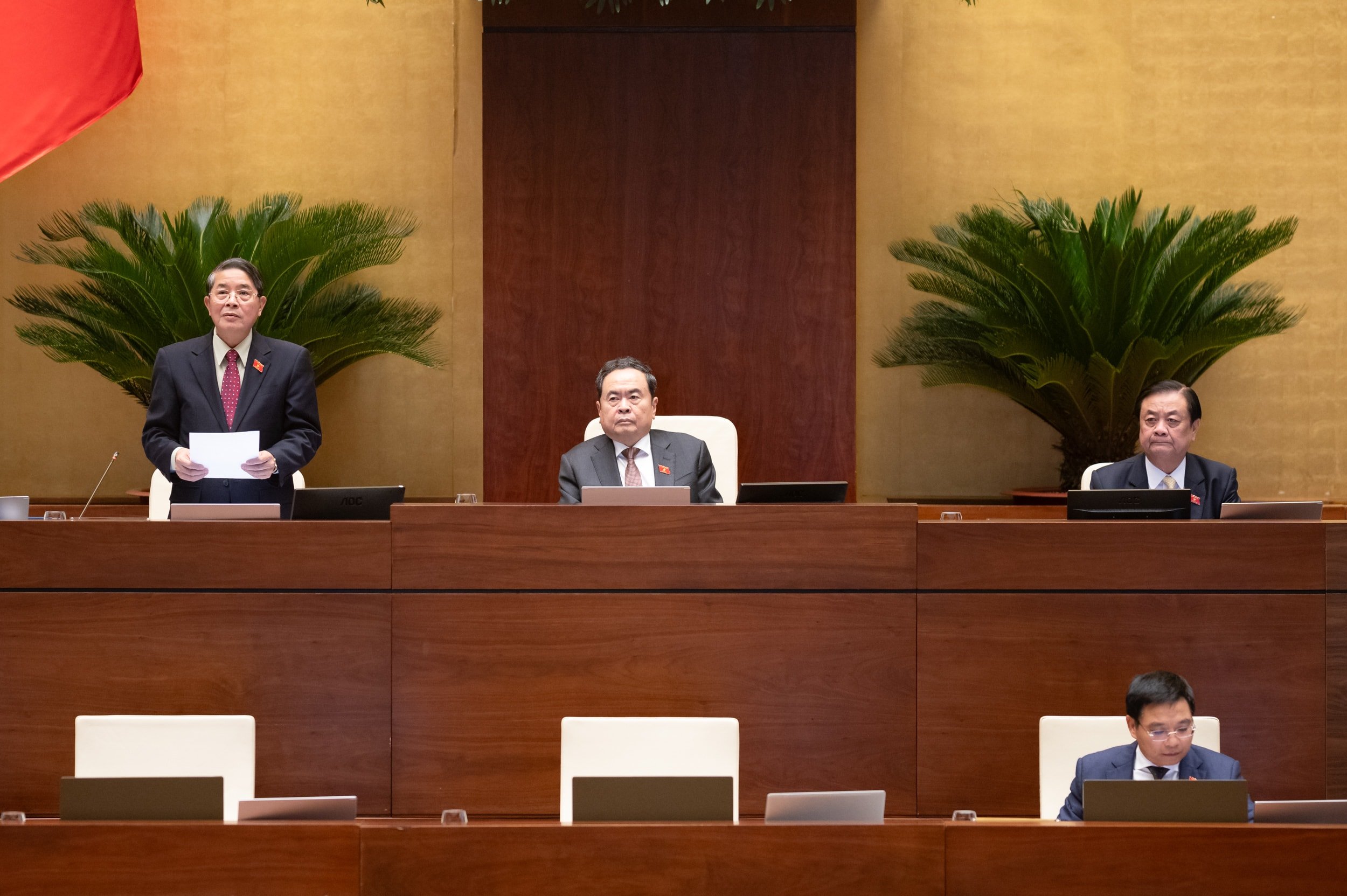
Vice Chairman of the National Assembly Nguyen Duc Hai chaired the meeting. Photo: Pham Thang
Inspections are only carried out under a post-inspection mechanism when there are signs of violations.
Delegates agreed to amend and supplement a number of articles of the Law on Prices to institutionalize the Party's policies and the State's laws in perfecting the institution in the context of organizing two-level local governments; ending the inspection activities of ministries to rearrange them according to the fields under the Government Inspectorate ; cutting and simplifying administrative procedures related to price appraisal service business activities.
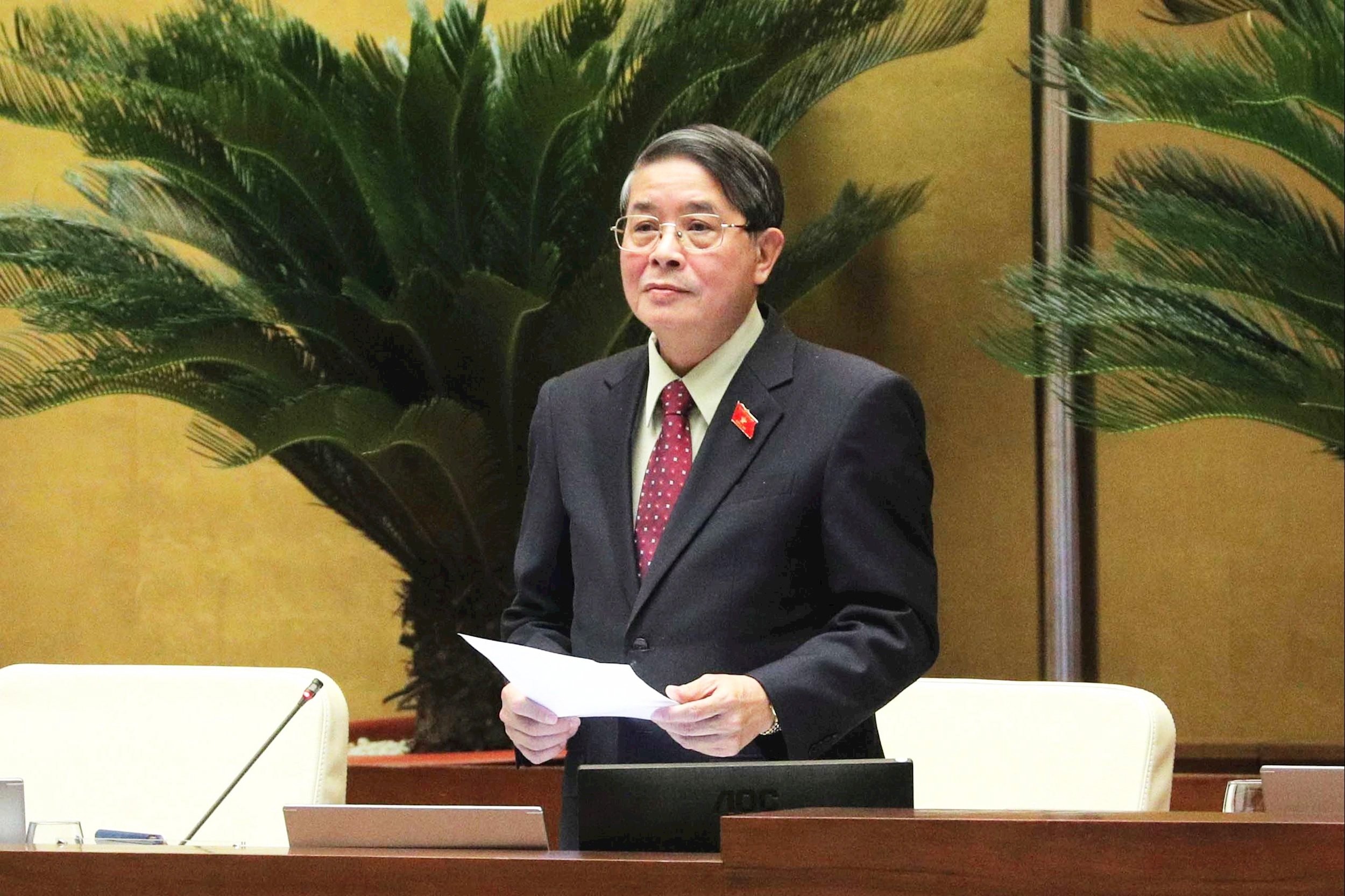
Vice Chairman of the National Assembly Nguyen Duc Hai chaired the meeting. Photo: Ho Long
National Assembly Deputy Tran Khanh Thu (Hung Yen) said that currently, according to the provisions of the 2023 Law on Prices, Point d, Clause 4, Article 3 stipulates that the price of medical examination and treatment services is implemented according to the provisions of the law on medical examination and treatment. However, Clause 4, Article 21 of the current Law stipulates the list of goods priced by the State, the form of pricing and the authority and responsibility for pricing are specified in Appendix No. 02. In cases where there are no regulations, ministries, ministerial-level agencies, and provincial People's Committees are responsible for promulgating them according to their authority.
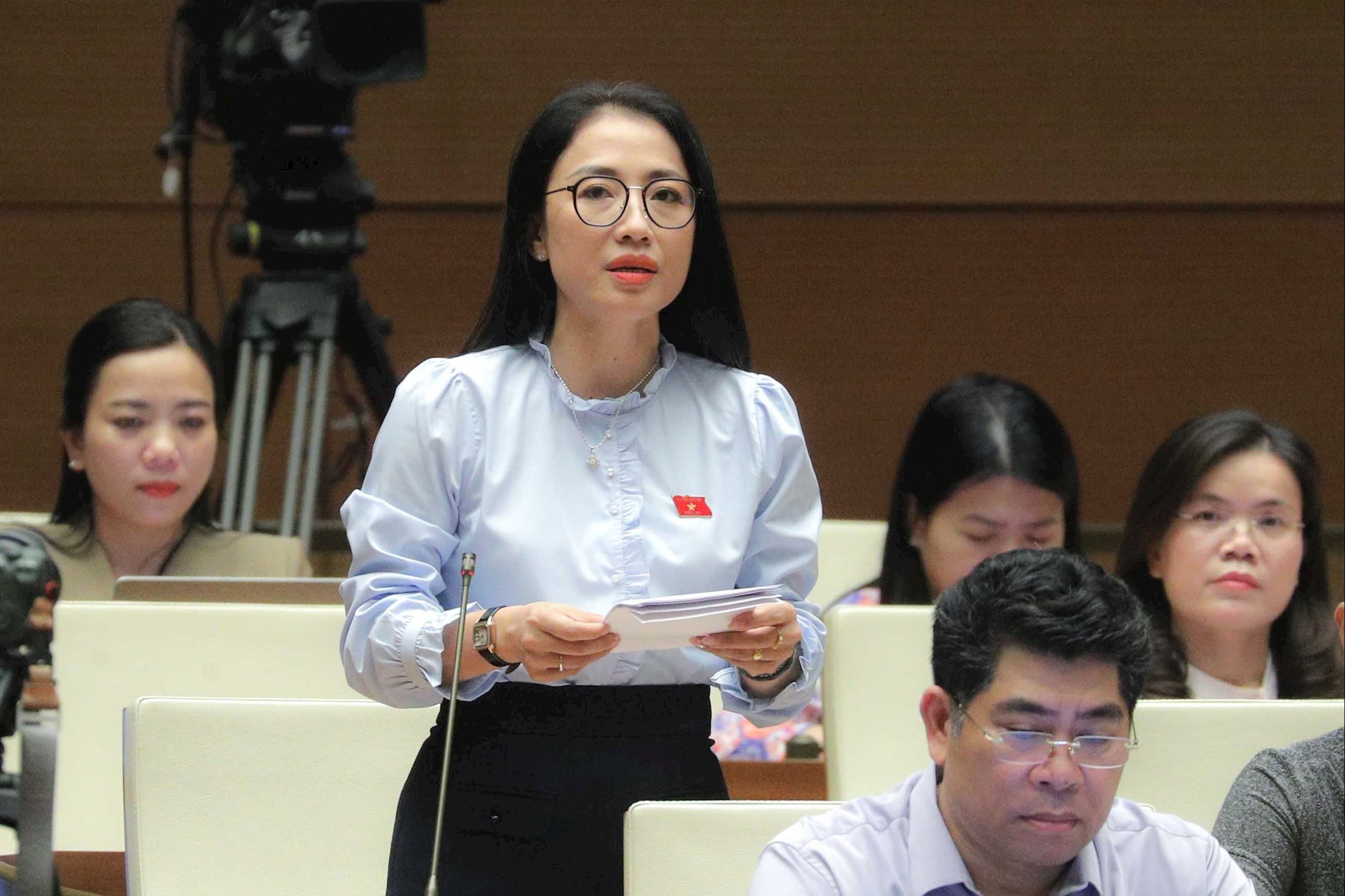
National Assembly Delegate Tran Khanh Thu (Hung Yen). Photo: Ho Long
"Thus, a medical examination and treatment service can have two different descriptions of technical and economic characteristics or the same technical and economic norms must be submitted for approval twice," the delegate stated.
Also according to delegate Tran Khanh Thu, most localities are currently waiting and relying on the norms issued by the ministry to prepare a dossier to submit to the competent authority for approval of the technical economic norms, and then prepare a dossier to submit for price approval. And according to the provisions of the law on pricing, the ministry and ministerial-level agencies must first issue technical economic norms when approving prices before setting prices. Localities will apply these technical economic norms to set prices suitable for each locality.
On the other hand, in reality, in the recent period, the price of medical examination and treatment services has only adjusted the basic salary level within the old norms, but no locality has yet issued technical economic norms for more than 19,000 technical services of medical examination and treatment services.
With such analysis, delegate Tran Khanh Thu proposed to amend Clause 4, Article 21 as follows: The economic and technical norms of goods and services in the list of goods and services whose prices are determined by the State shall be implemented in accordance with the provisions of relevant laws. In case there are no regulations, ministries and ministerial-level agencies shall be responsible for promulgating them according to their authority and waiving the authority of the provincial People's Committee.
Regarding the price declaration mechanism, National Assembly member Thach Phuoc Binh (Vinh Long) said that in reality, in many localities, price management agencies still require businesses to explain the price structure before applying new prices. This affects the nature of declaration, notification obligations and post-audit of prices.
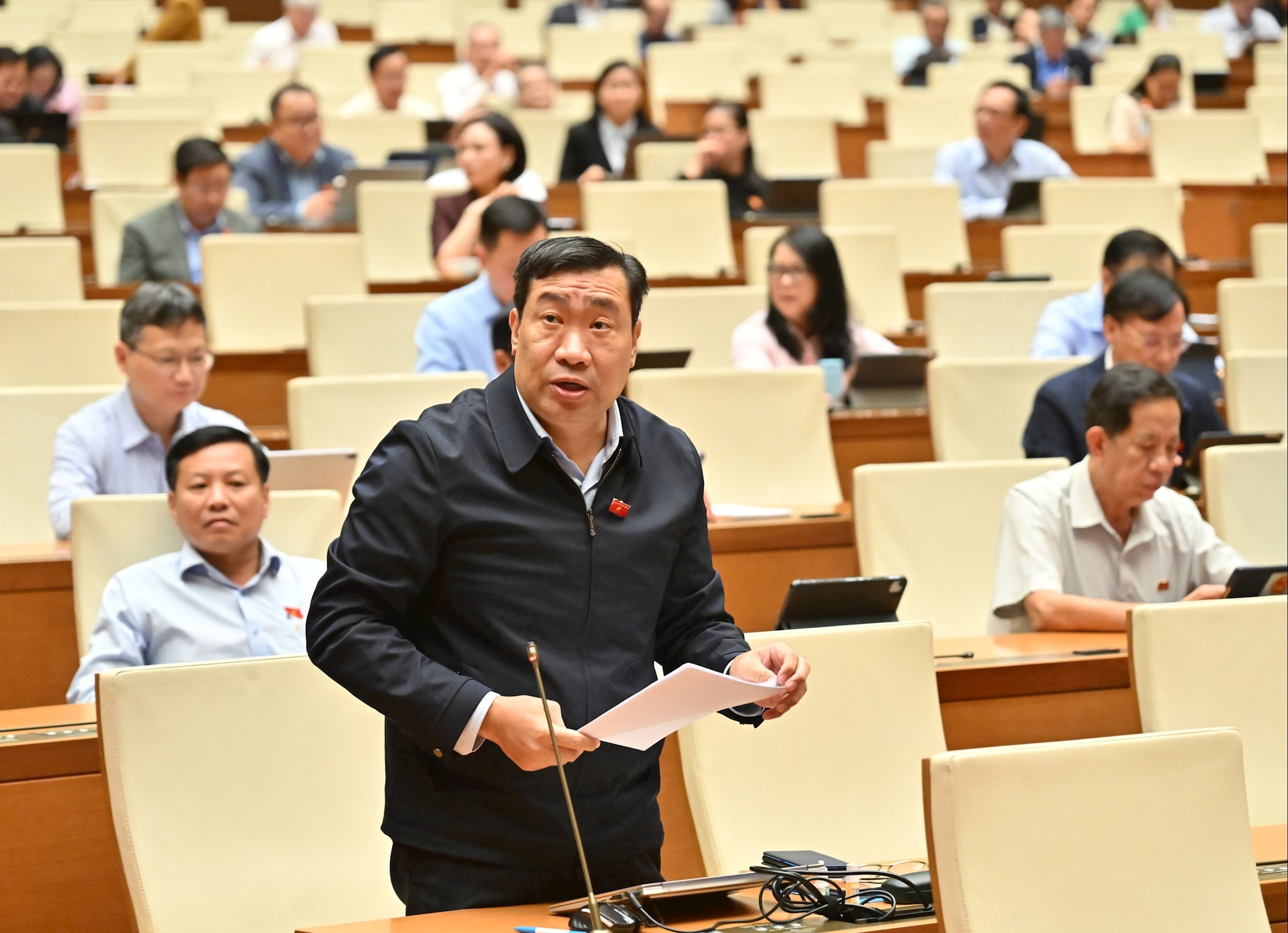
National Assembly Delegate Thach Phuoc Binh (Vinh Long). Photo: Quang Khanh
“It is necessary to add a regulation that price management agencies are not allowed to require organizations and individuals to wait for approval before applying the declared price. Inspections should only be carried out under a post-inspection mechanism when there are signs of violations to ensure transparency, in line with the market spirit and reduce costs for businesses,” delegate Thach Phuoc Binh suggested.
Supplementing clear quantitative criteria to identify goods and services priced by the State
Concerning the principles and basis for pricing, National Assembly Deputy Nguyen Truong Giang (Lam Dong) said that the principles and basis for pricing of the State stipulated in Clause 2, Article 22 of the current Law are only qualitative and not quantitative. Therefore, the implementation process in practice is very difficult to implement and very difficult to implement; leading to many service prices, especially essential public services as priced in the draft Law, not being adjusted appropriately to ensure market principles.

National Assembly Delegate Nguyen Truong Giang (Lam Dong). Photo: Pham Thang
Delegate Nguyen Truong Giang suggested that it is necessary to amend Clause 2, Article 22 in the direction of more specific regulations to serve as a basis for state management agencies to submit to competent authorities or to issue their own maximum prices or price frames for goods specified in Appendix 2 of the draft Law.
Sharing the same view, delegate Thach Phuoc Binh said that currently the criteria for determining goods and services priced by the State are still qualitative, mainly based on the level of impact on socio-economic stability. This makes the inclusion or withdrawal of an item from the list subject to State pricing lacking scientific basis and inconsistent. For example, there was a period when gasoline, construction materials, and even some medical and educational services were included in the list but without specific measurement criteria.
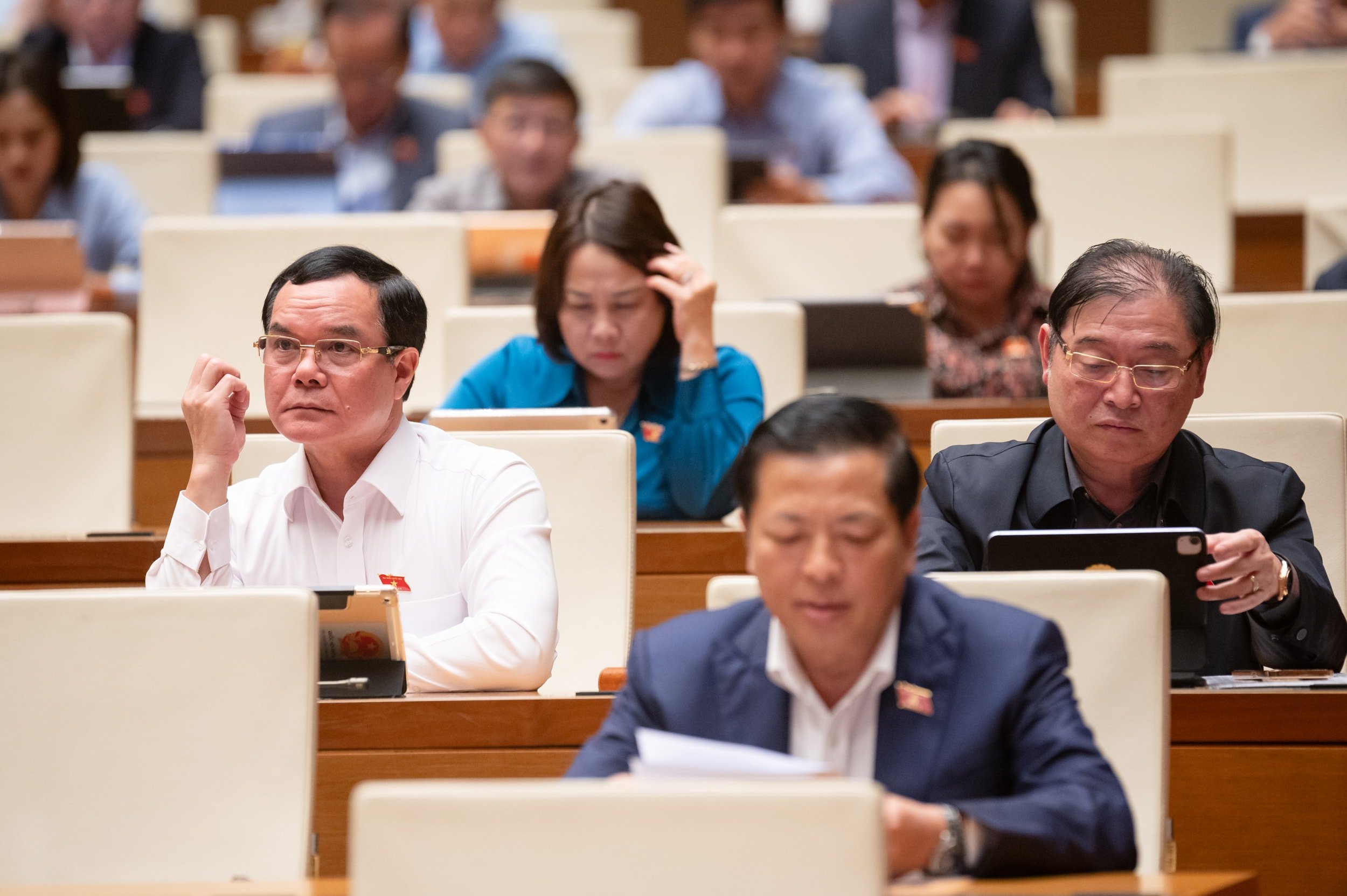
National Assembly deputies attend the discussion session. Photo: Pham Thang
Therefore, delegate Thach Phuoc Binh proposed adding clear quantitative criteria to Article 19, such as the proportion in the consumer price index (CPI) of 2% or more; market concentration index (HHI) of 1800 points; input cost fluctuations increasing by more than 15% for 3 consecutive months and having a direct impact on people's security, economy or life. "These quantitative criteria not only increase objectivity but also help management agencies have a basis to forecast timely policy responses," the delegate emphasized.
Regarding the authority and mechanism for adjusting the list of goods and services whose prices are determined by the State in Article 20 of the current Law, delegate Thach Phuoc Binh observed that currently, the adjustment of the list still has to go through many levels, leading to a huge delay in price management. Meanwhile, in reality, the market can fluctuate in just a few days.
Delegate Thach Phuoc Binh suggested that it is necessary to consider adding a more transparent mechanism, which would allow the Government to temporarily adjust the list for a maximum of 6 months if necessary to stabilize the market. Then, report to the National Assembly Standing Committee for consideration and decision at the nearest session. According to the delegate, this regulation both ensures proactive price management and maintains the National Assembly's supervision principle.
Source: https://daibieunhandan.vn/quy-dinh-cu-the-hon-nguyen-tac-va-can-cu-dinh-gia-10395375.html


![[Photo] General Secretary To Lam receives Governor of Kanagawa Province (Japan) Kuroiwa Yuji](https://vphoto.vietnam.vn/thumb/1200x675/vietnam/resource/IMAGE/2025/11/15/1763204231089_a1-bnd-7718-5559-jpg.webp)
![[Photo] Exciting contest of skillful red fruit picking and creativity from Son La coffee beans](https://vphoto.vietnam.vn/thumb/1200x675/vietnam/resource/IMAGE/2025/11/15/1763201832979_ndo_bl_3-jpg.webp)

![[Photo] Panorama of the 2025 Community Action Awards Final Round](https://vphoto.vietnam.vn/thumb/1200x675/vietnam/resource/IMAGE/2025/11/15/1763206932975_chi-7868-jpg.webp)


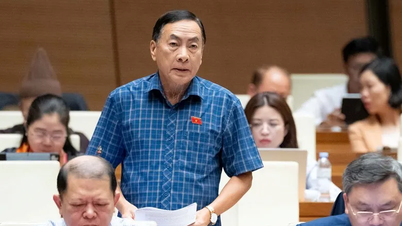

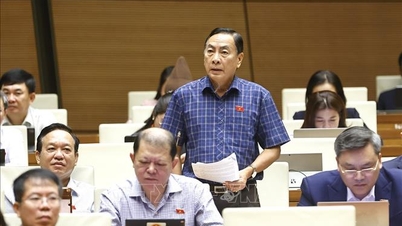


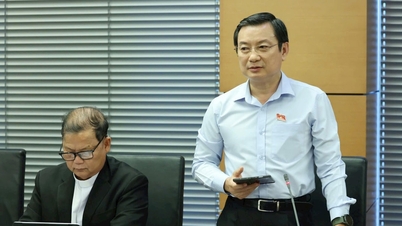


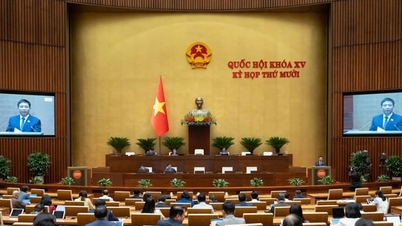

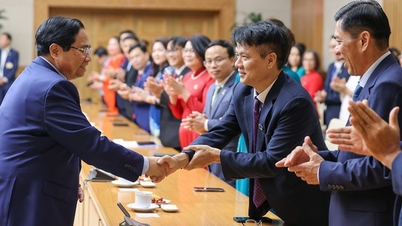



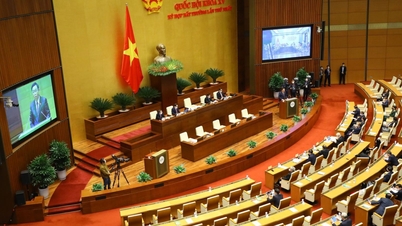

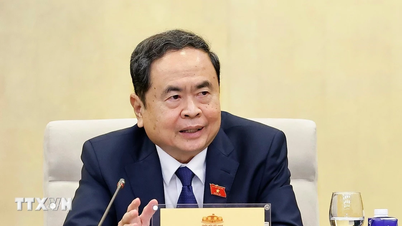
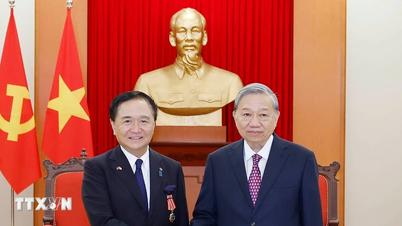
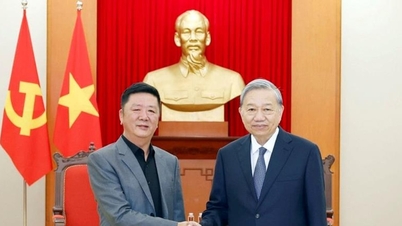





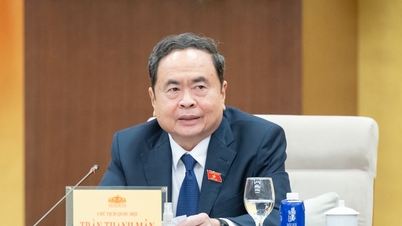
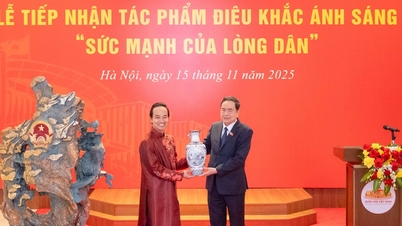












































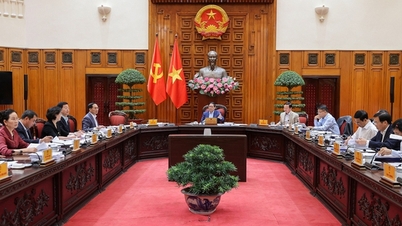




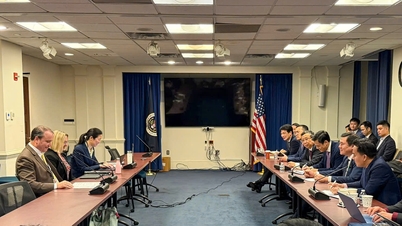


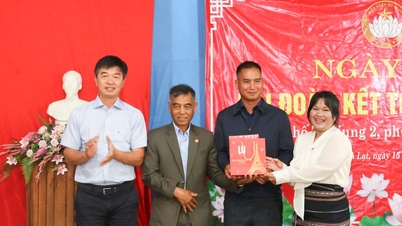



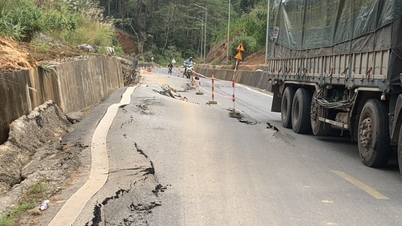


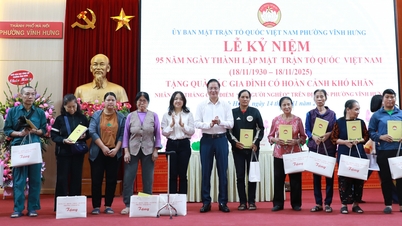











Comment (0)